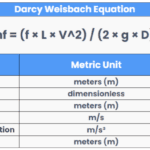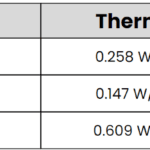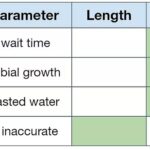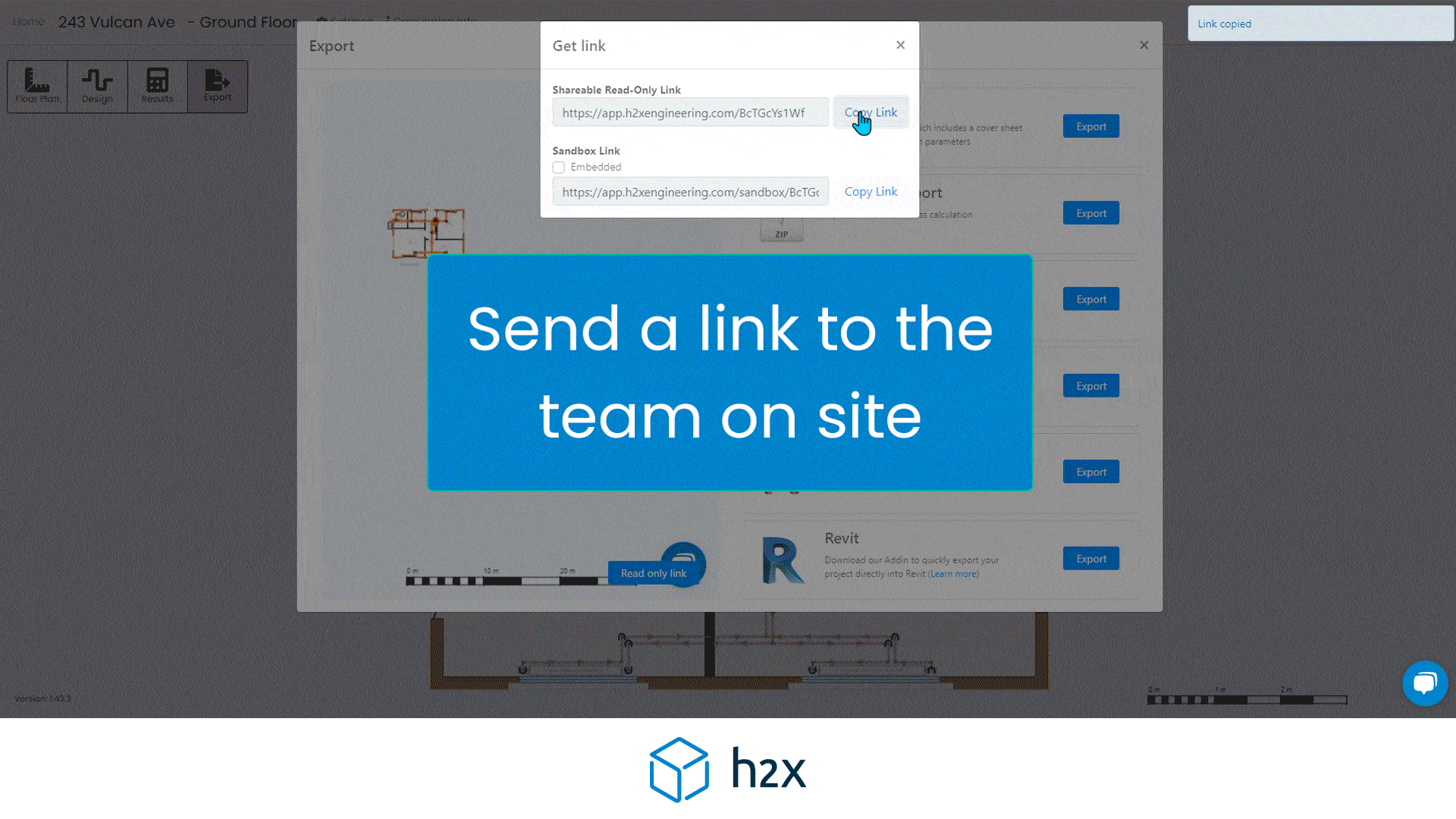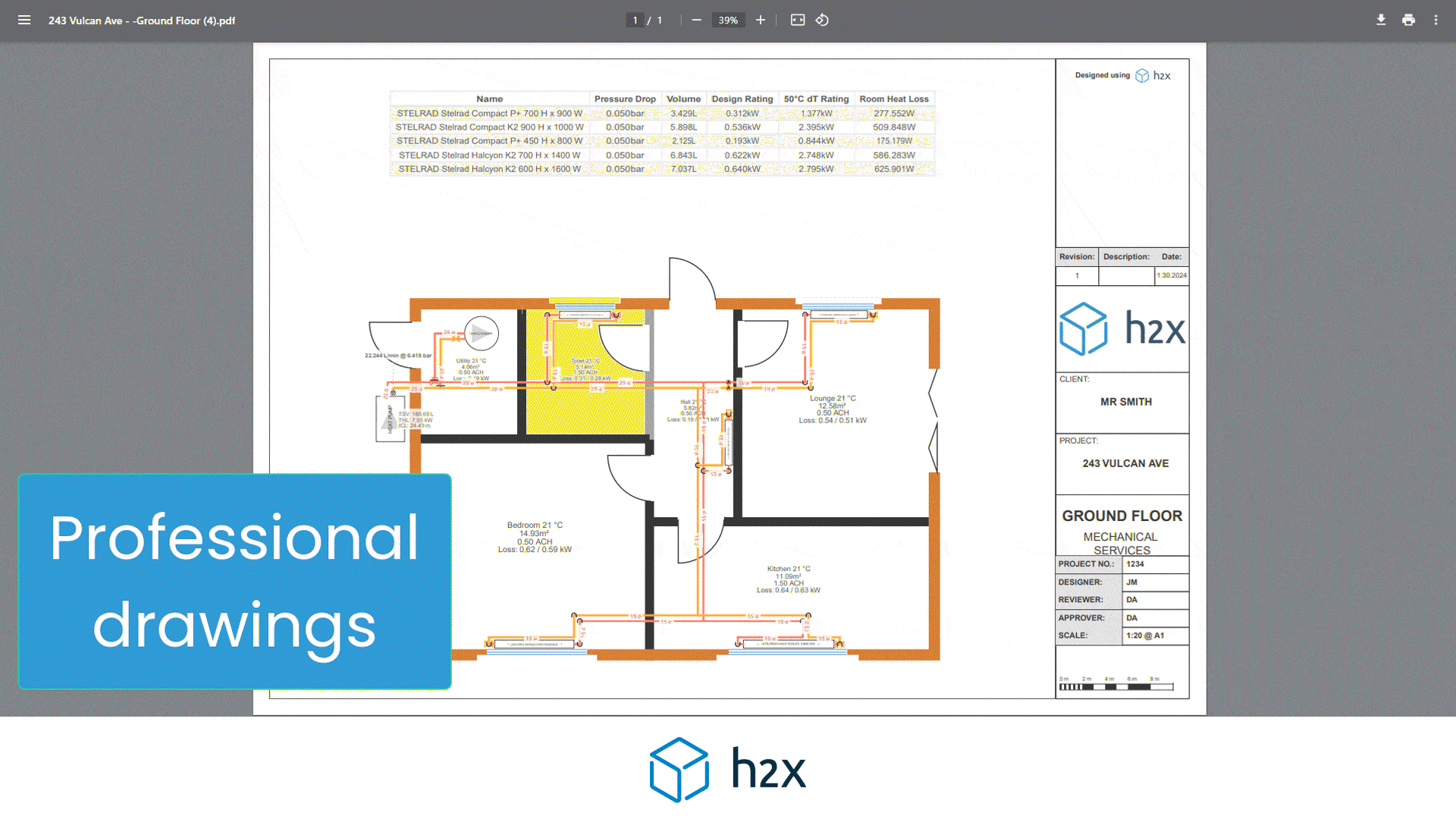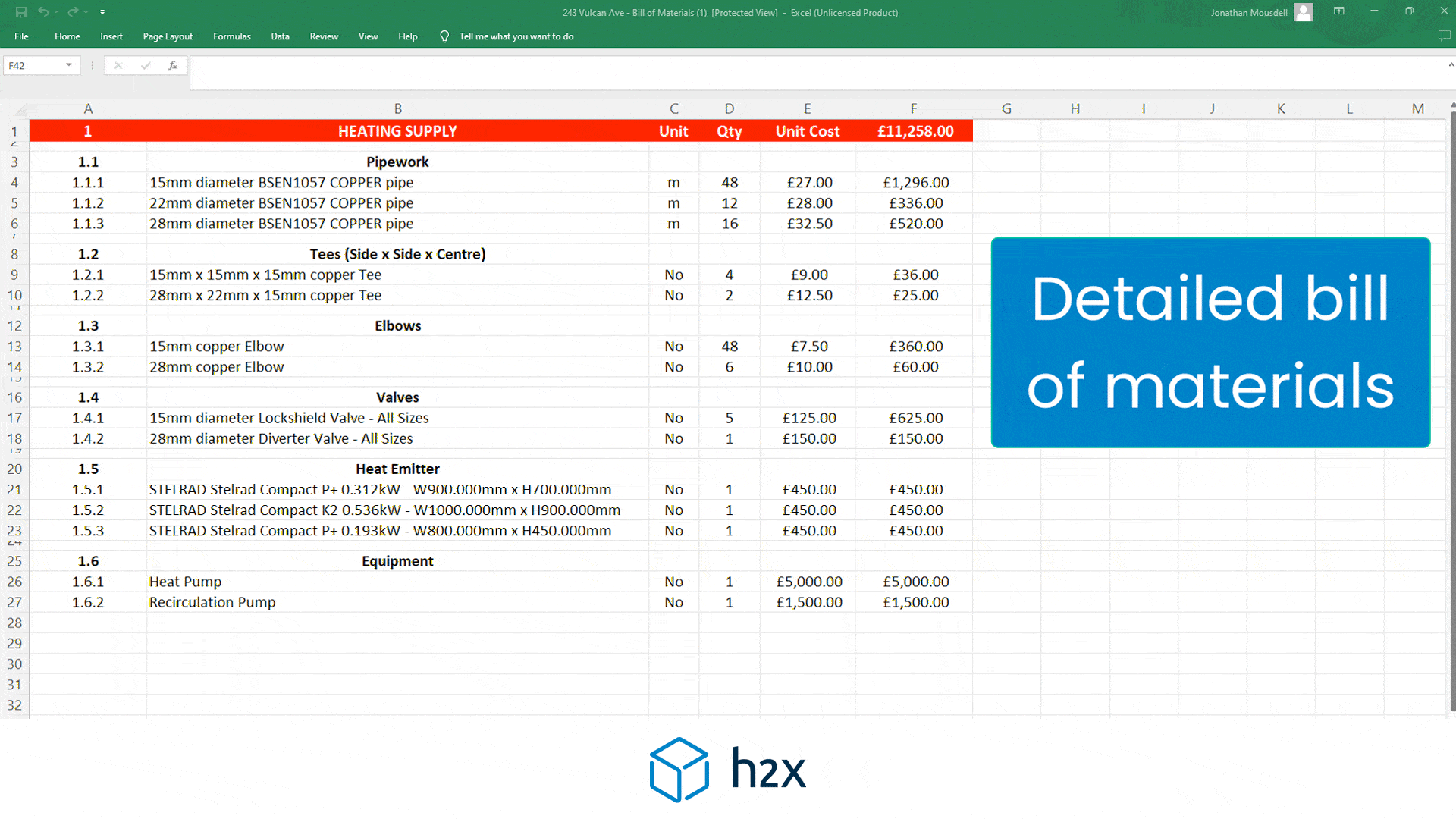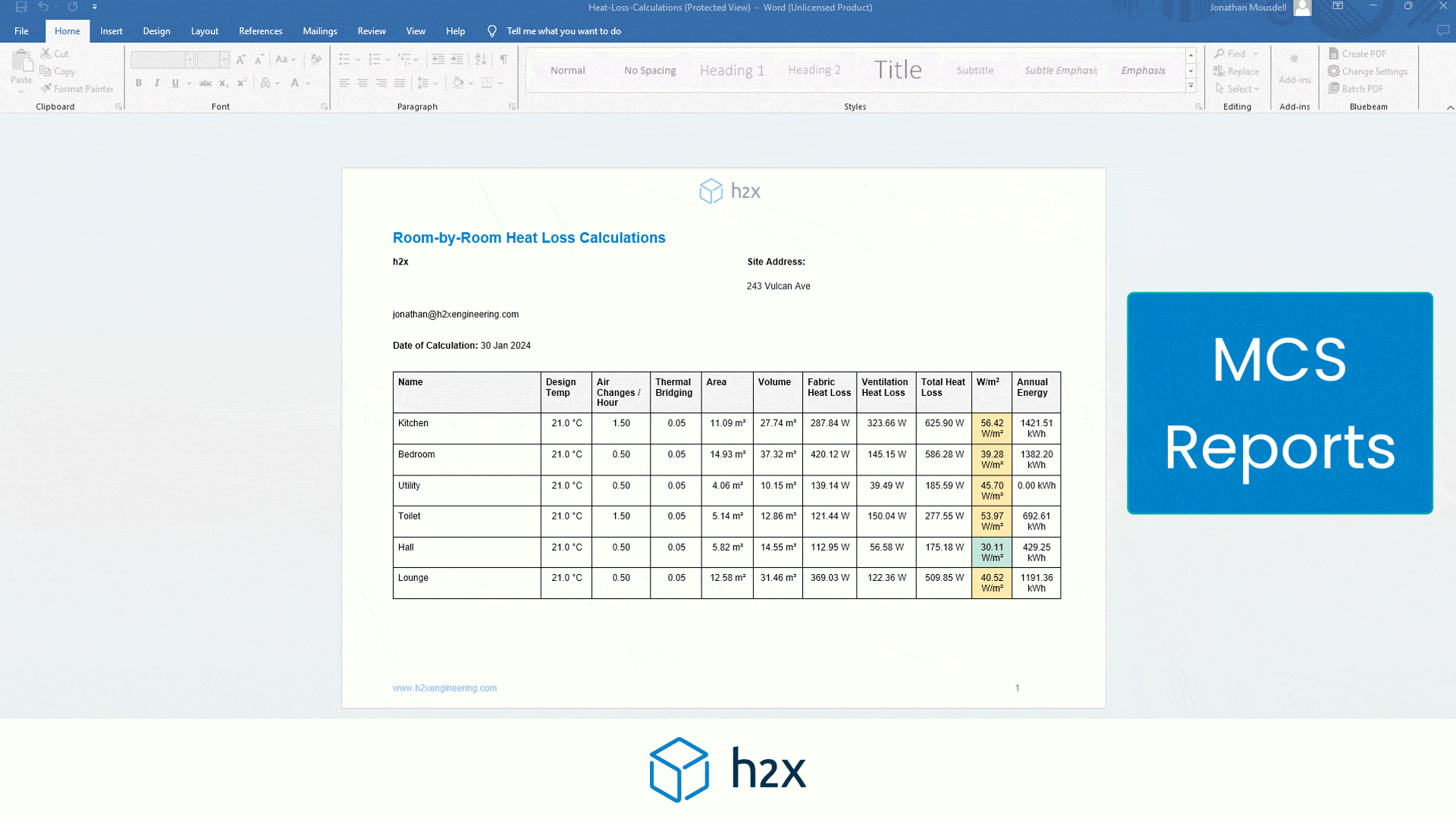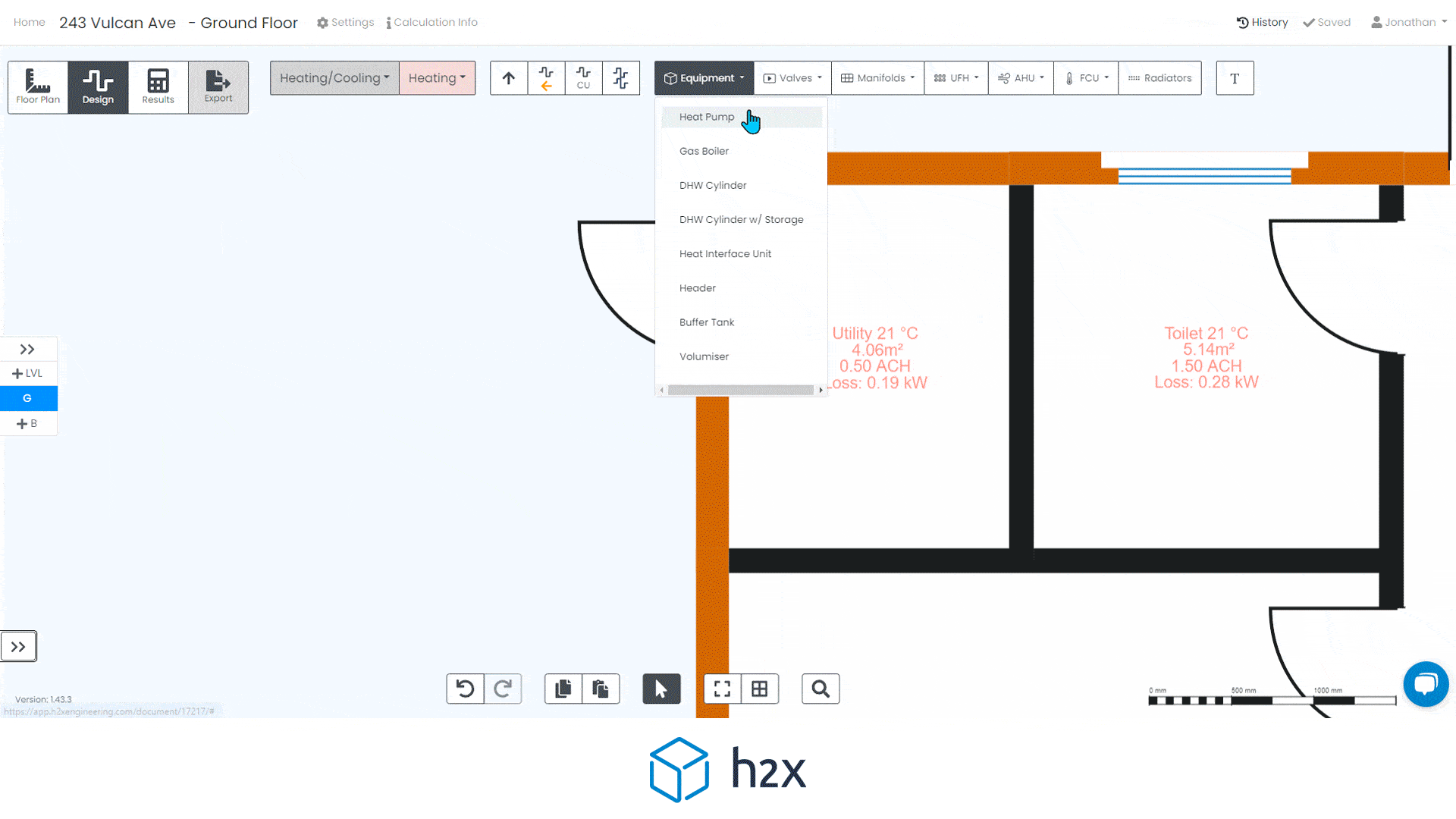
Boiler Systems vs. Heat Pumps: Key Factors To Consider
Making an informed choice about boiler systems vs heat pumps involves understanding their high-level differences, technical nuances, and the logistics of transitioning from one to the other. Let's look into these aspects to help you navigate your decision.
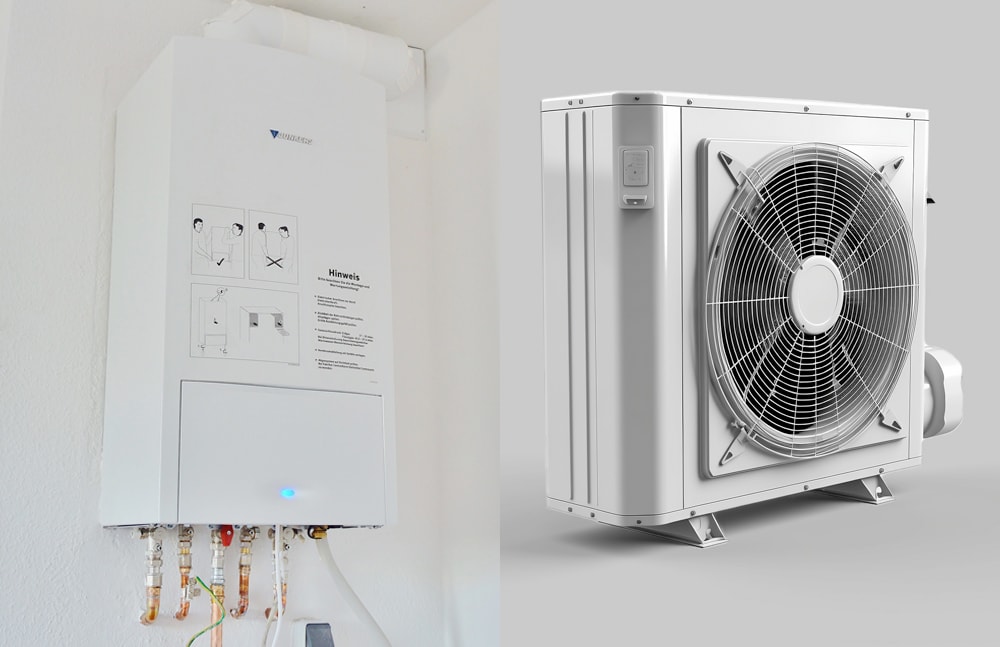
Two options often surface when contemplating heating solutions for a home: traditional boiler systems and modern heat pumps.
High-Level Differences
The Difference Between The Two
Boiler systems work by burning fuel (gas, oil, or biomass) to heat water, which is then circulated throughout your home to provide heat.
On the other hand, heat pumps work differently. Using electricity, they extract heat from the air or ground and concentrate it to heat your home, providing a more efficient and environmentally friendly solution.
Capital Cost
The initial installation cost of a heat pump is typically higher than a boiler system due to the installation’s complexities and the unit’s cost.
However, lower operating costs and government incentives often offset this higher upfront cost.
Running Costs
Heat pumps usually have lower running costs than boilers because they use heat from the environment, significantly reducing electricity consumption.
Boiler systems, on the other hand, can have higher running costs due to their dependence on fossil fuels.
Environmental Impact
Heat pumps are considered more eco-friendly than boiler systems.
They emit significantly fewer greenhouse gases, while boiler systems, especially those running on fossil fuels, contribute to higher carbon emissions.

Technical Differences
Temperatures
Heat pumps generally operate at lower temperatures than boilers, providing a consistent, lower level of warmth over a longer period.
This smaller temperature difference, or delta T, results in a different heating strategy than boilers.
Larger Heat Emitters
With heat pumps, larger heat emitters, such as underfloor heating systems or large radiators, are often required because of the lower operational temperature.
However, because they’re operational for extended periods, they can deliver a similar level of comfort as a traditional boiler.
Larger Flow Rates and Pipe Sizes
Due to the smaller delta T, heat pumps require larger flow rates, which, in turn, necessitate larger pipe sizes.
The increased flow rate ensures sufficient heat distribution despite the lower temperature and larger pipes are required to accommodate the increased flow.
Replacing a Boiler with a Heat Pump
Government Incentives
Governments are increasingly offering incentives for homeowners to install renewable heating systems like heat pumps.
These incentives often come in the form of grants, loans, or tax credits, which can significantly offset the initial installation cost.
Installation Considerations
Switching from a boiler to a heat pump isn’t always a straightforward swap.
Due to the differences in temperature and flow rate, existing pipes and heat emitters may not be adequate for a heat pump’s requirements.
Heat Loss and Pipe Sizing Calculations
Heat loss calculations are essential to determine the correct size for the heat emitters.
The larger the surface area of a heat emitter, the more heat they emit per square meter (w/m2).
Similarly, pipe sizing calculations are necessary to ensure the pipe sizes are adequate to handle the larger flow rates whilst not exceeding a maximum velocity of 1 m/s.
Conclusion
Both boiler systems and heat pumps have their advantages and disadvantages.
While the heat pump may have a higher initial cost, its efficiency, environmental benefits, and potential government incentives make it a compelling choice.
FAQs
What is the main difference between a boiler system and a heat pump?
A boiler system heats water using fuel, while a heat pump extracts heat from the air or ground to provide warmth.
Are heat pumps more expensive to install than boiler systems?
Heat pumps generally have a higher upfront cost due to installation complexities and equipment expenses. However, they can offer long-term cost savings through lower running costs and potential government incentives.
Which system has lower running costs, a boiler or a heat pump?
Heat pumps typically have lower running costs since they use electricity to transfer heat rather than burning fuel.
This energy efficiency can result in significant savings over time.
How do boiler systems and heat pumps differ regarding their environmental impact?
Boiler systems emit greenhouse gases when burning fuel, contributing to environmental pollution.
In contrast, heat pumps generate heat using renewable sources, resulting in lower carbon emissions and a reduced environmental footprint.
Do heat pumps require larger heat emitters compared to boiler systems?
Due to their lower operating temperatures, heat pumps often require larger heat emitters, such as underfloor heating systems or larger radiators.
These heat emitters ensure efficient heat distribution throughout the home.
Do heat pumps have larger flow rates and pipe sizes than boiler systems?
Heat pumps typically require larger flow rates and pipe sizes to accommodate the lower temperature and maintain effective heat distribution.
Considering these factors during installation or when replacing a boiler with a heat pump is important.
Can a boiler be directly replaced with a heat pump without any modifications?
In most cases, a direct swap from a boiler to a heat pump may require modifications.
Existing pipes and heat emitters may not be suitable for the different requirements of a heat pump, necessitating adjustments or upgrades.
Are there government incentives available for switching to heat pumps?
Many governments offer incentives, such as grants, loans, or tax credits, to encourage homeowners to adopt renewable heating solutions like heat pumps.
Research the available incentives in your region to take advantage of potential financial support.
What calculations are necessary when replacing a boiler with a heat pump?
Heat loss calculations help determine the appropriate size of heat emitters based on the heat demand of each room.
Pipe sizing calculations are also important to ensure the pipes can handle the required flow rates and lower temperatures of the heat pump system.
» Click here to download our free eBook that breaks down everything engineers need to know about heat pump design!

The transformation of industries by the digital revolution is a story told many times over, and heating system design is no exception.
With the right software, like h2x Engineering’s Heating Design Software, you can drive efficiency and accuracy in your heating system projects.
Embracing the digital revolution in the form of heating design software, like that offered by h2x Engineering, is crucial for professionals who wish to stay competitive in the industry.
It offers a blend of convenience, precision, and efficiency that traditional methods cannot match.
Give your heating system designs the h2x advantage and experience the difference by booking a demo or by starting your free trial today!
h2x: All-In-One Tool for Calculating, Designing, Estimating, and Paperwork
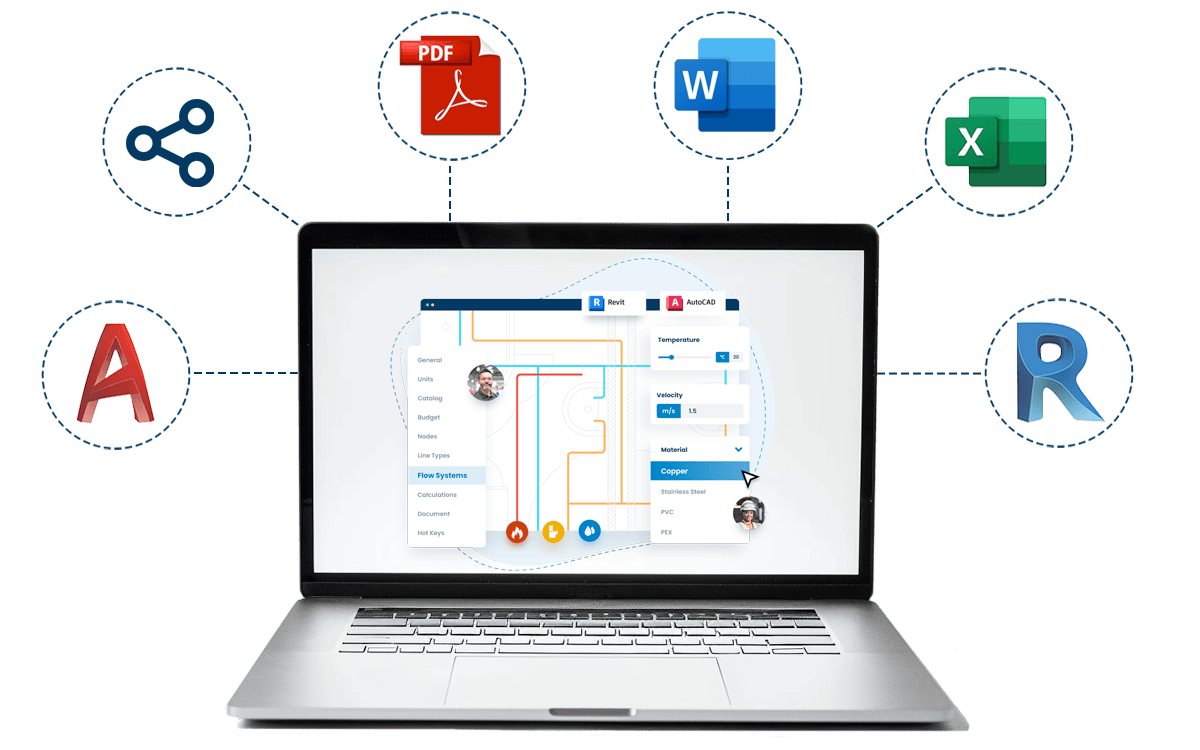
What's in the Pipeline?
Get technical resources delivered to your inbox weekly!
Testimonials
What Installers Say
What Consultants Say
A game changer for the humble plumber. Incredible.
Brad Winkel
Director at Queenstown Plumbing
Brilliant, simple and easy to use. Game changer.
James Major
Director at Hubb
Big time game changer to the industry!
Viv Jude
Director at UHC
Incredible software! Super user-friendly and allows you to save so much time.
Devni Gamage
Engineer at DMA
h2x is great software, our company use it nearly every day. It is easy to use with direct conversion from h2x to Revit.
Callum Craig
Engineer at WDE
h2x is fantastic software. It is very easy to use and the ability to output to Revit is a fantastic time saver.
Joe Kirrane
Engineer at MEP

